OUR BOAT SLICED THROUGH THE FOGGY WATERS AND EVEN THOUGH WE COULDN’T SEE OUR HANDS IN FRONT OF OUR FACE, THE DRIVER SPED ON.
It was far past sunset and we were traveling to our B&B in the round mountains of Guilin, China. It was too late to be traversing the Li River legally, but that didn’t stop the confident driver of a small, motorized bamboo raft.
We had seen the hump-shaped mountains on the dusky drive from the airport. Having just been wowed by Zhangjiajie National Forest Park (home to the mountains that inspired “Avatar”), we were stunned to be confronted with yet another unbelievable visual feast. The Seuss-like mountains made me wonder if the Cat in the Hat would make a cameo. Who needs drugs when nature is so trippy?
After the 20-minute boat ride in total darkness, we arrived at LaoJia which would be our home for the next three days. We were greeted by Haibo, a kind and helpful villager and caretaker. We had the entire Qing Dynasty home to ourselves. The 150-year-old stone home had all the amenities we needed (WIFI, hot shower, kitchen, air conditioning) but not of the fripperies we didn’t (TV, for example). There wasn’t a single tourist in the 400-person village, which is exactly how I like it.
At dawn, I hurried outside to catch the sunrise, LaoJia being just a few dozen feet from the river’s edge. The fog hung low in the karst mountains. After a home-cooked breakfast, we took a boat to the nearest outdoor market. We were the only boat on the waters that early.
We docked at Yangdi and strolled through the narrow streets to a local produce market. Hawkers were still busy laying our their goods either on wooden tables or blankets on the ground. Soon enough, women haggled furiously over shiny eggplant, men cued up to have their shoes repaired on the spot, and butchers diced every animal part you can think of.
Back at the house we were treated to another tasty home-cooked vegetarian meal and planned our activities for the next few days. We would take a hike through the mountains with two local villagers: Goatman and Haibo’s mom, both of whom no birth names were ever revealed.
First up, Goatman took us on a chain-smoking, but leisurely trek to feed his (you guessed it) goats. We stopped to admire the towering pine forest and to drink from a stream.
The next day, Haibo’s mom, a spritely fifty-something, took us on a trek… To where we did not know. Neither Goatman nor Haibo’s mom spoke English, and being dumb Americans, we didn’t speak Chinese. Under the guise of seeing Haibo’s mother’s goats, we followed her up steeper and steeper climbs. An hour later and we were huffing and puffing, but still no goats. As we summited, she motioned for us to climb a particularly gnarly set of rocks and we did. The view didn’t fail to disappoint. A thousand feet in the air, we were looking down on the Li River as tourist boats started to fill its bending arteries. It was spectacular. Haibo’s Mom pealed a pomelo and shared it with us. We sat in awe and silence for nearly 30 minutes. We did all we could to keep up with her in her army-issue canvas shoes, but we could not. The scenery, which looked like something out of Return to Oz, and the knowledge that were were burning like 100 calories a minute spurred us on.
Upon our return, I spent the next few hours wandering the village and taking pictures. The tiny alleyways filled with smoke as people started cooking dinner. Babies were perched in doorways eating and watching passersby, children flew through the narrow cobblestone streets on bicycles, and men dusted off from their laborious construction projects. Being the only tourist in the village, I was met with both wide-eyed curiosity and delight as one family invited me to photograph their baby — riding in a toy car, wearing a backwards cap, boom box in hand. It is these anachronisms that make China such a fascinating destination.
More info: globalgirltravels.com
143views
Share on FacebookBeautiful shots, Guilin is a place everyone should visit at least once!
Beautiful shots, Guilin is a place everyone should visit at least once!
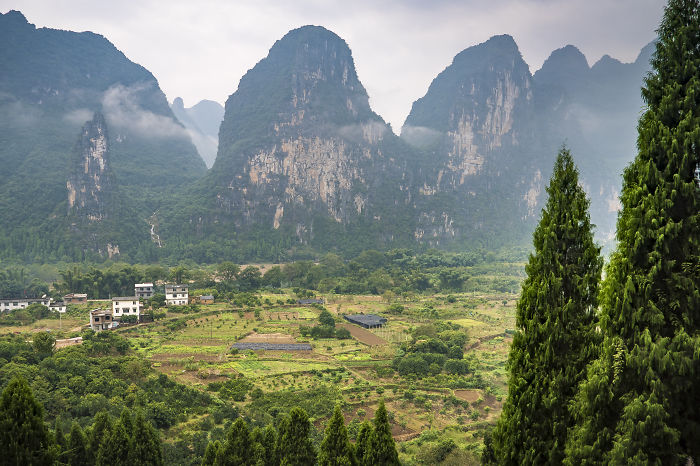
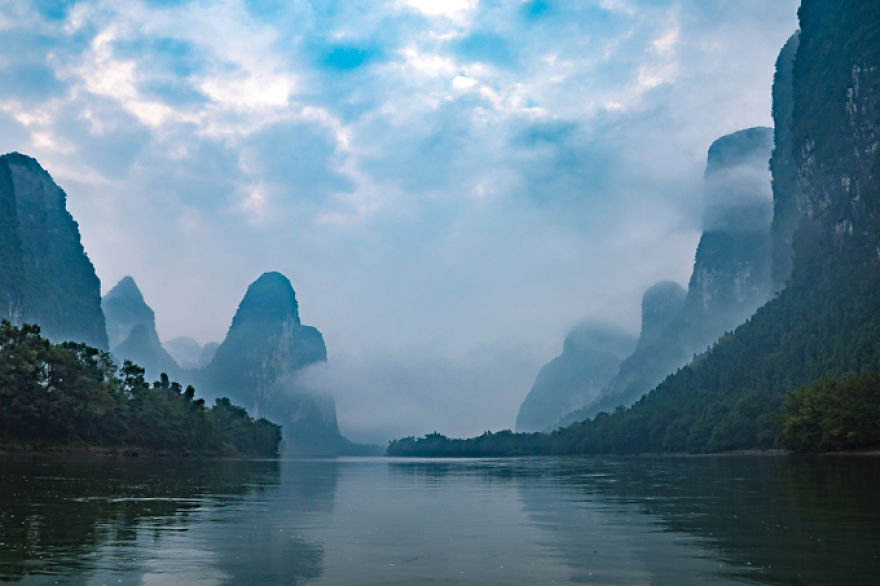
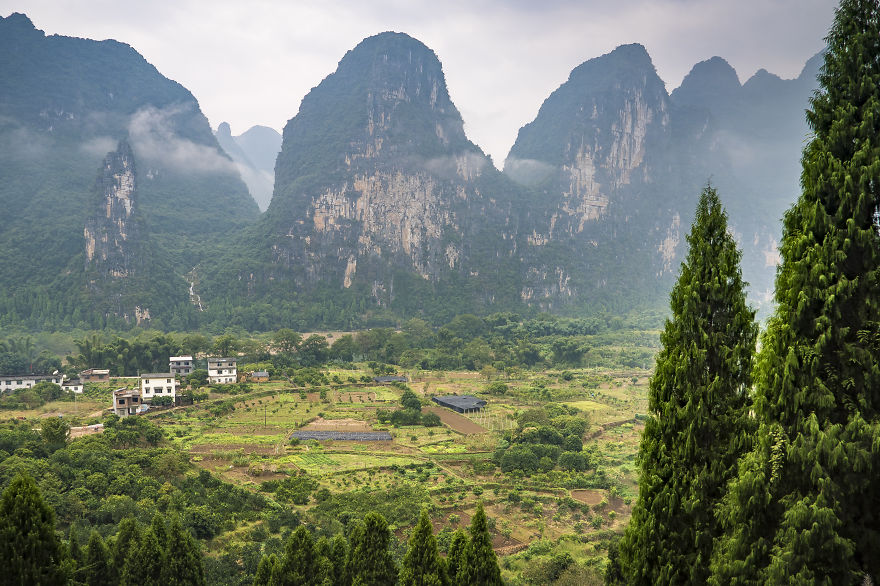
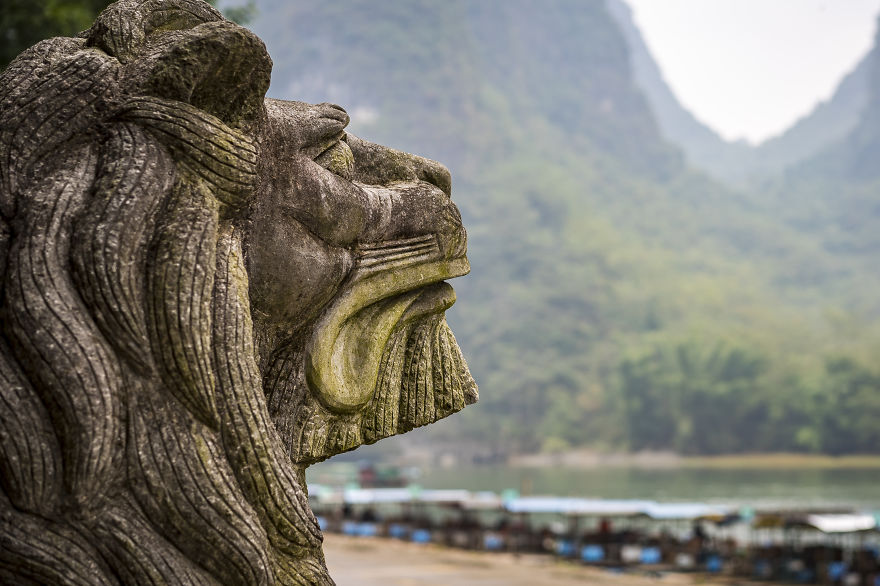

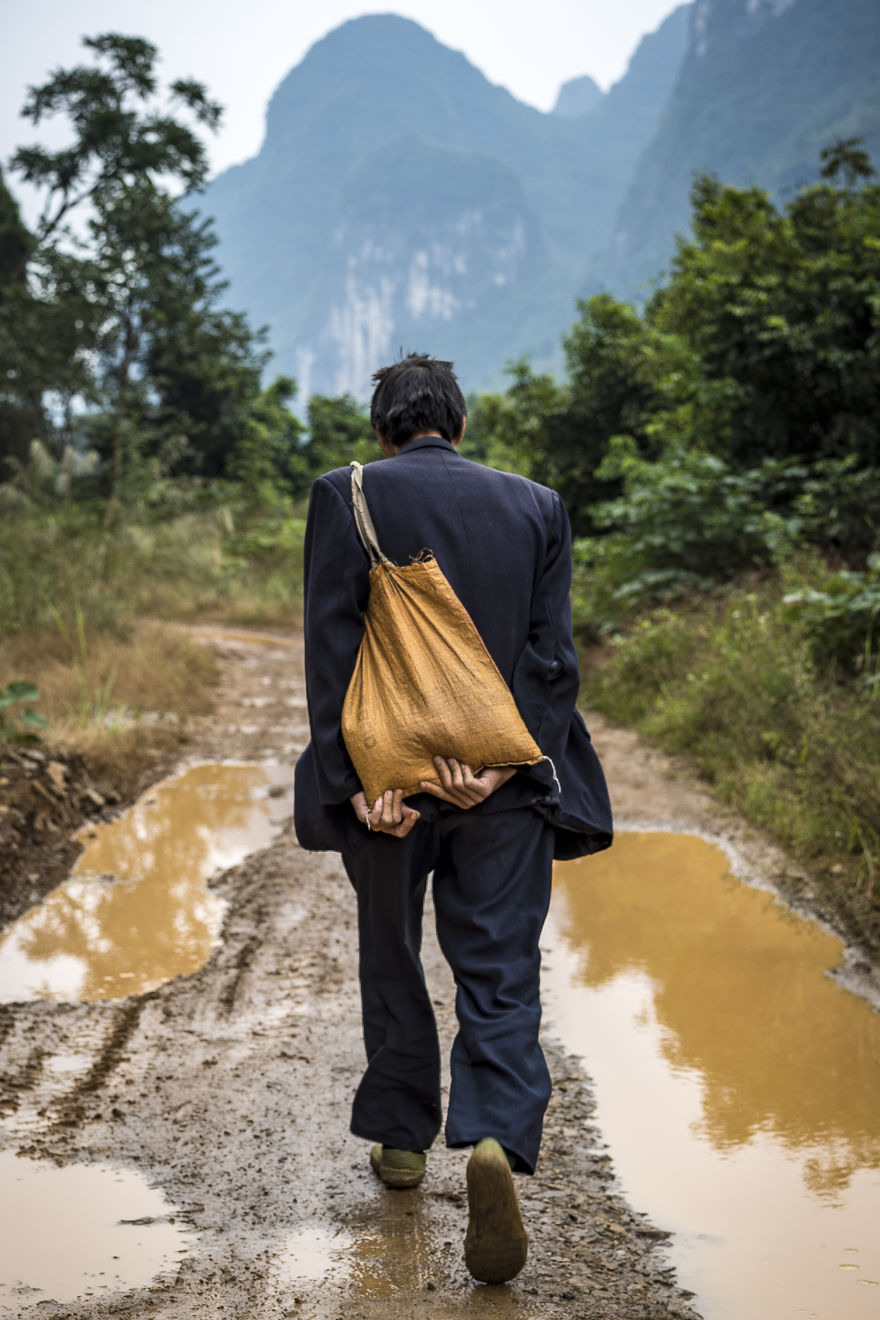
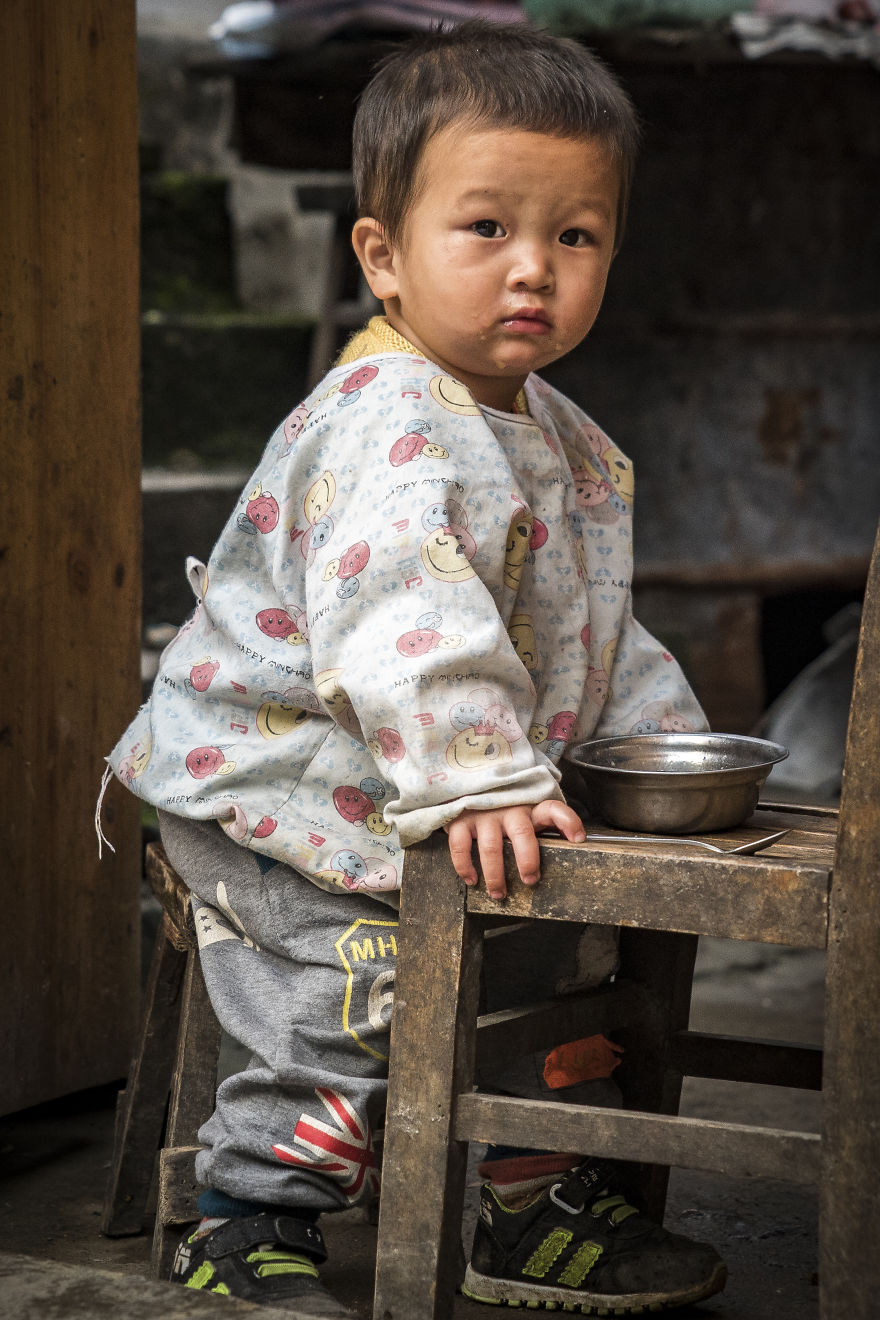
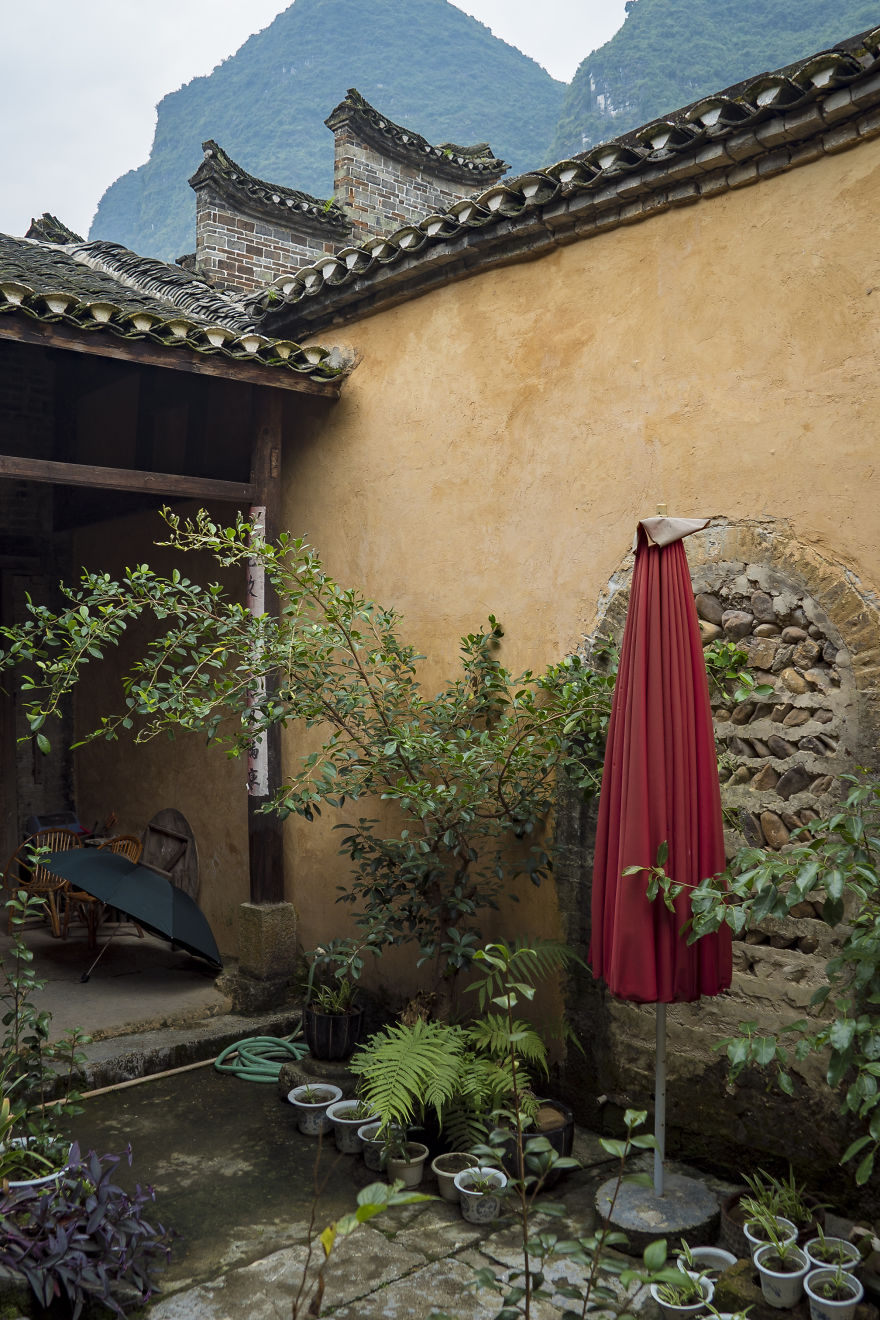
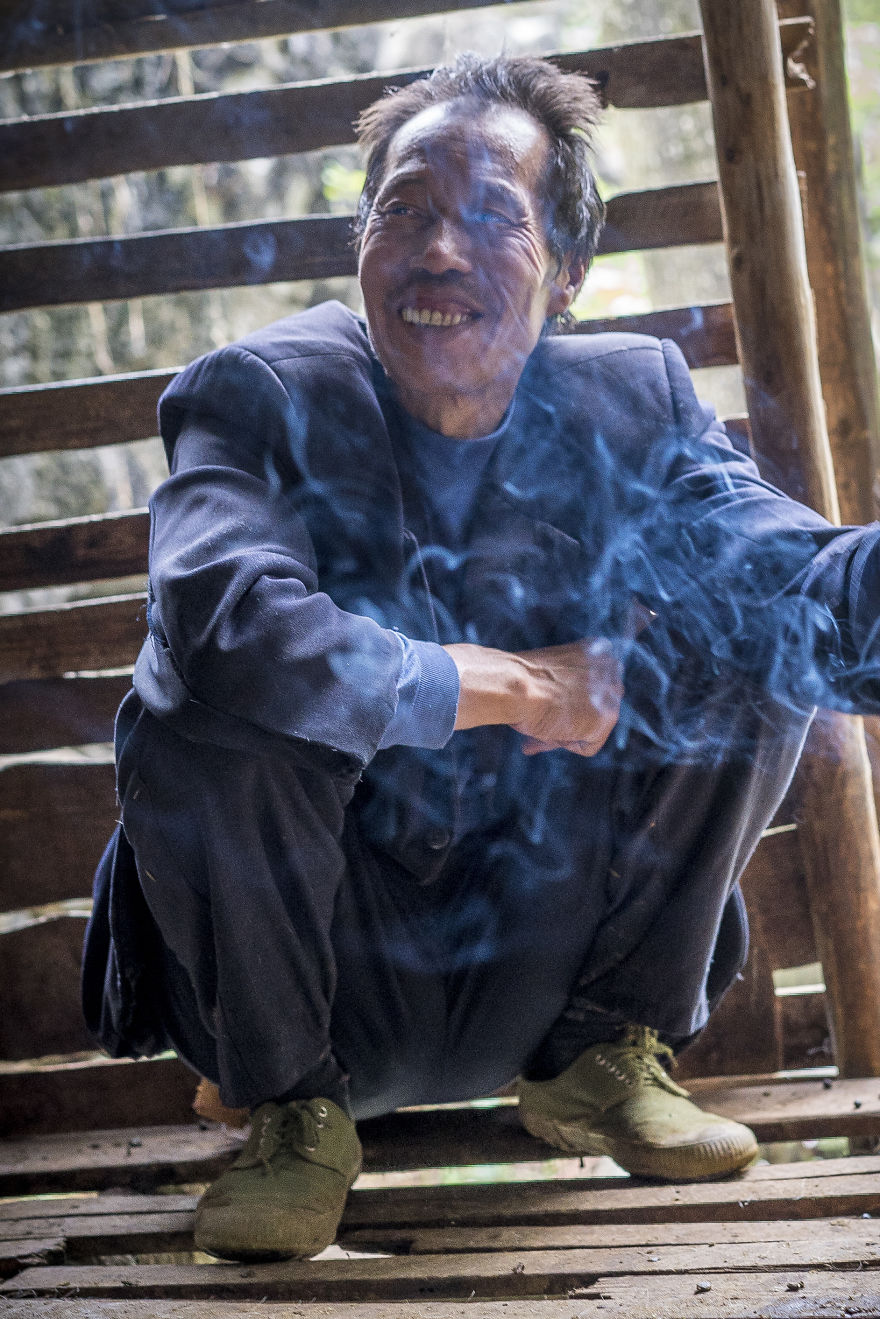
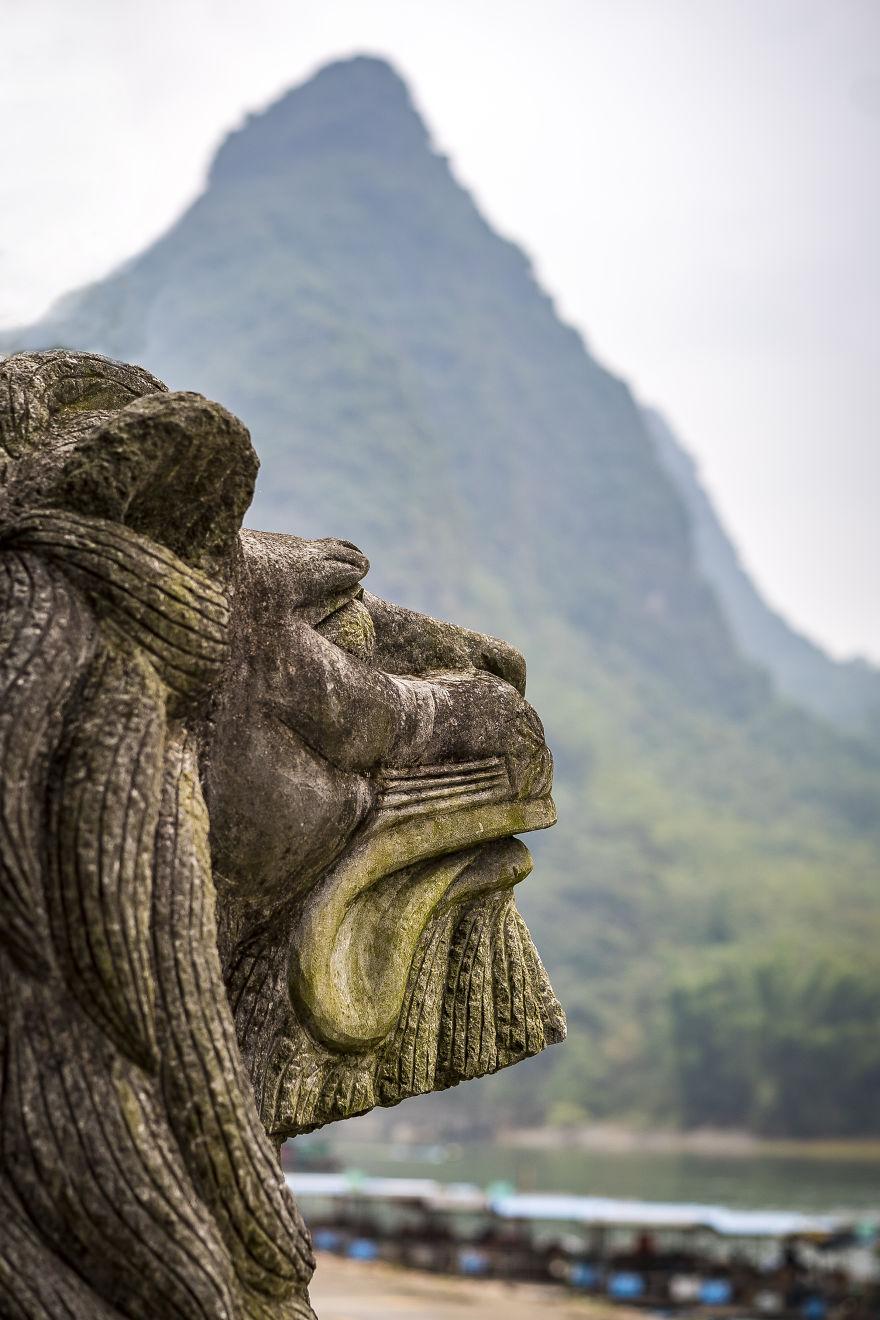
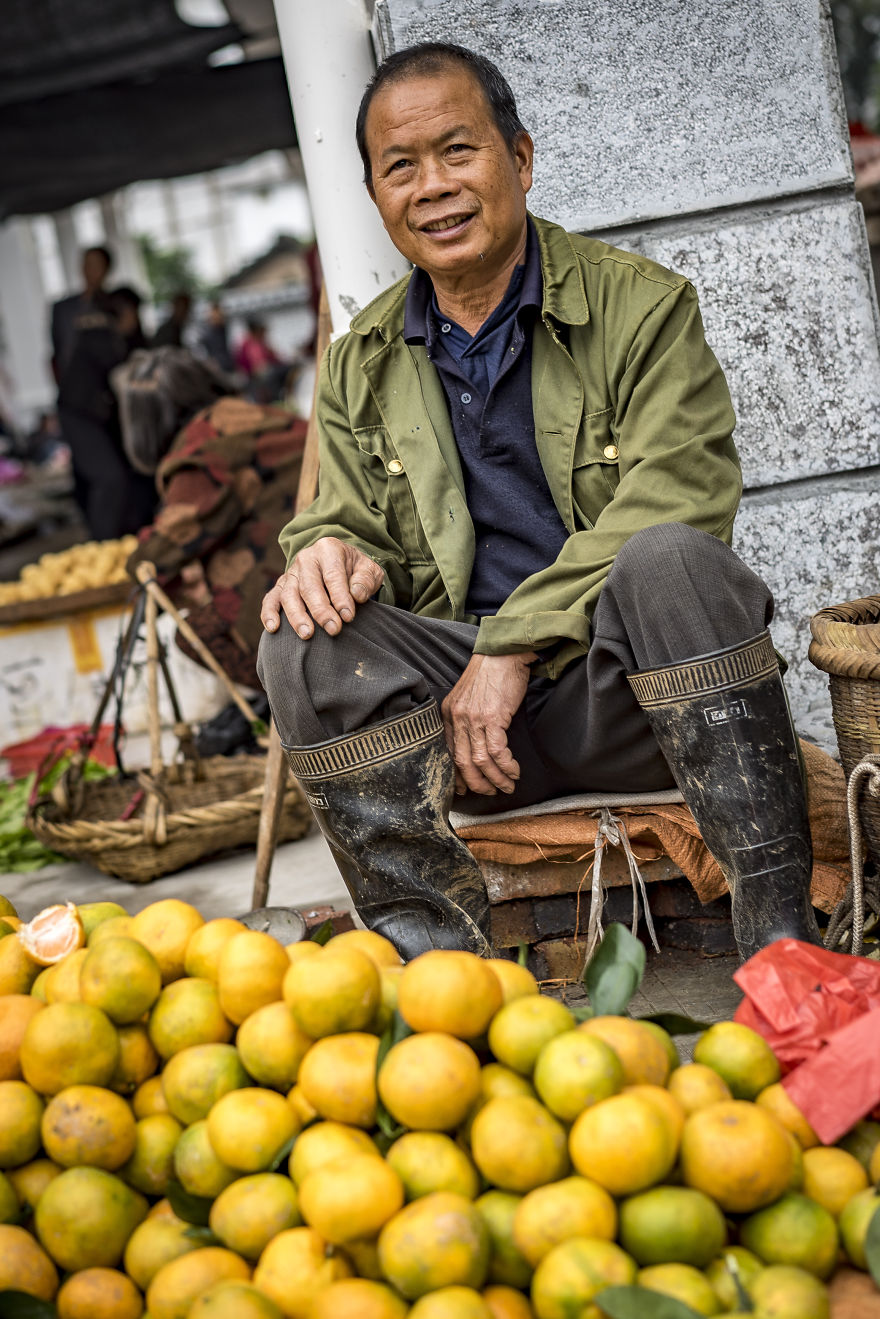
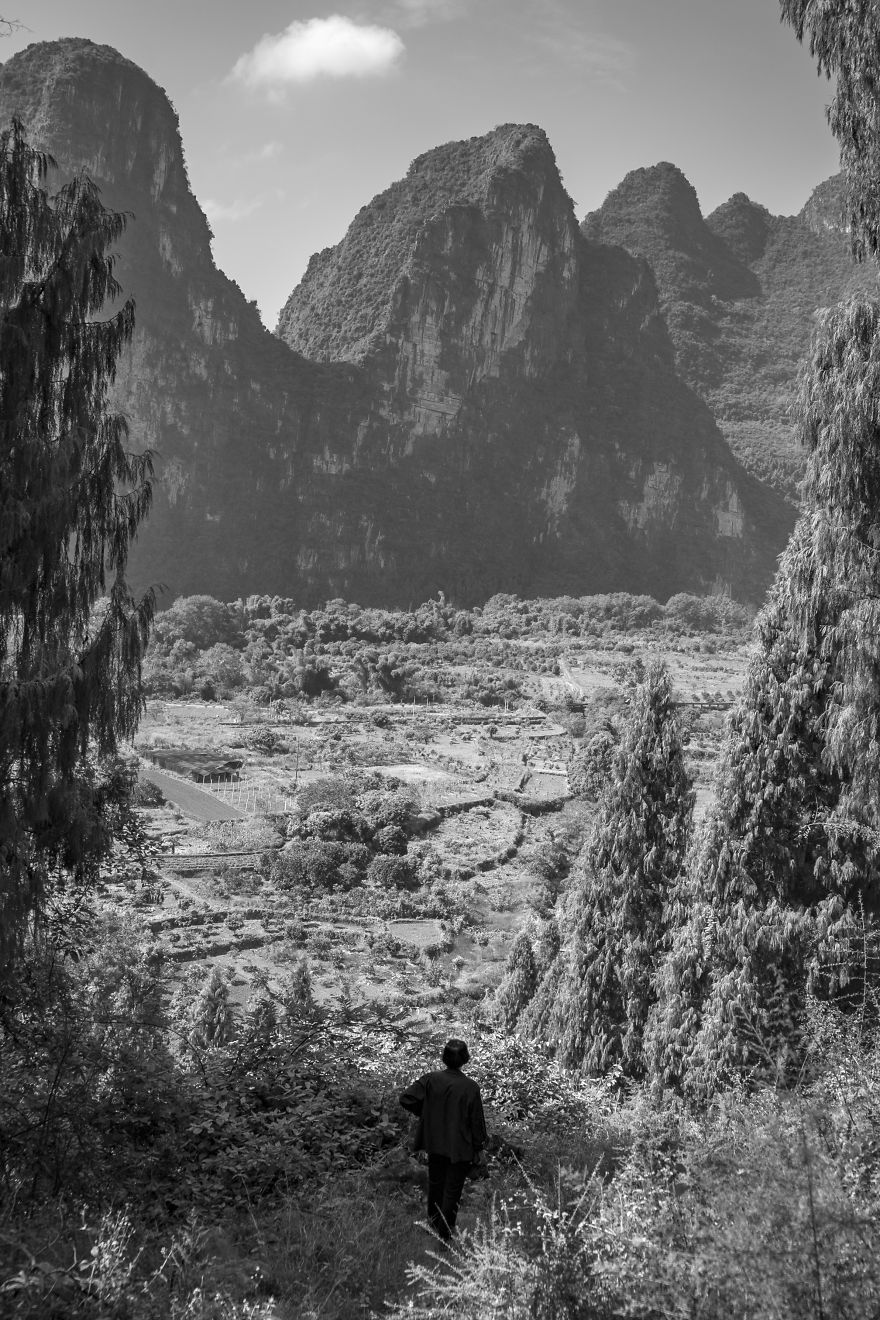
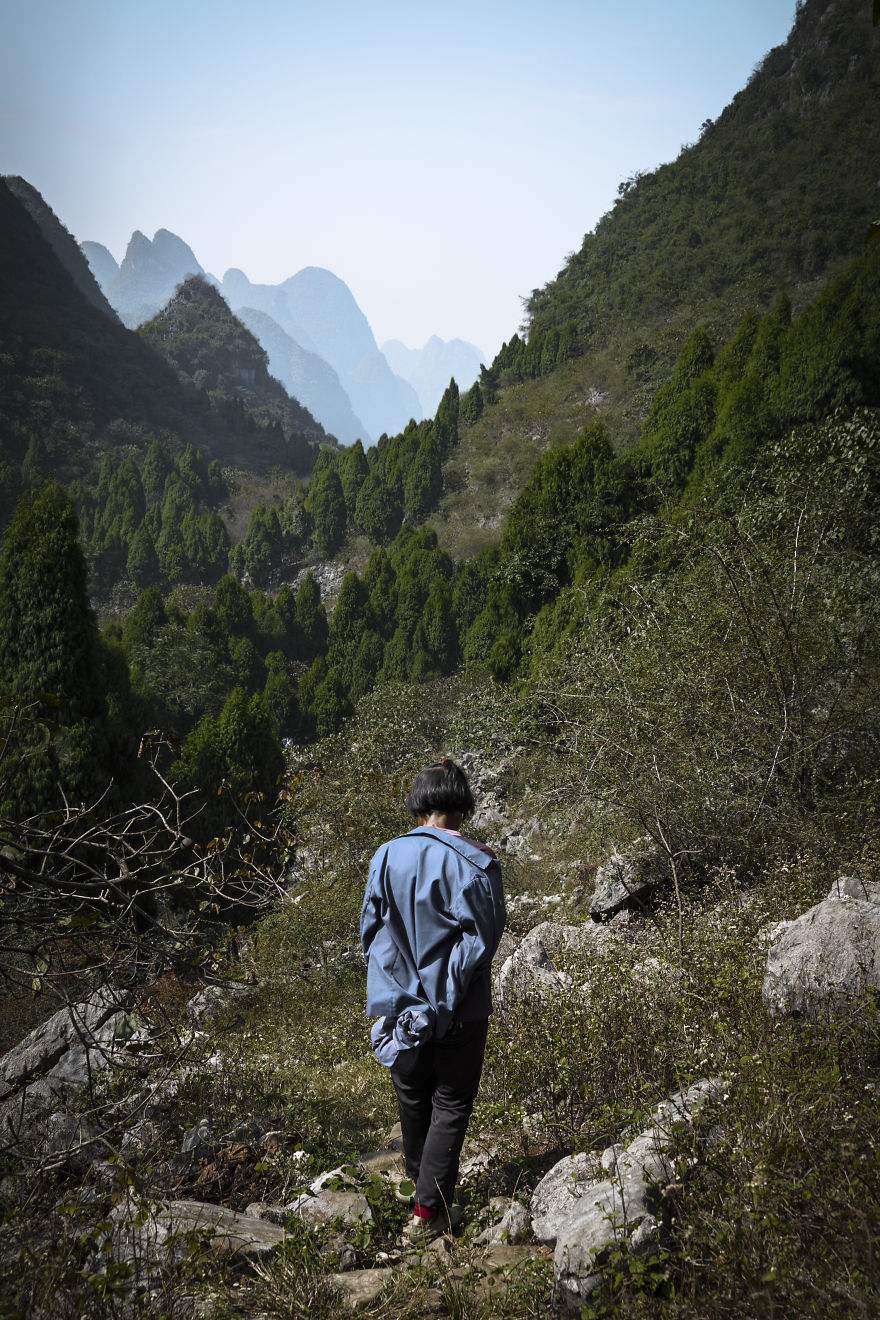
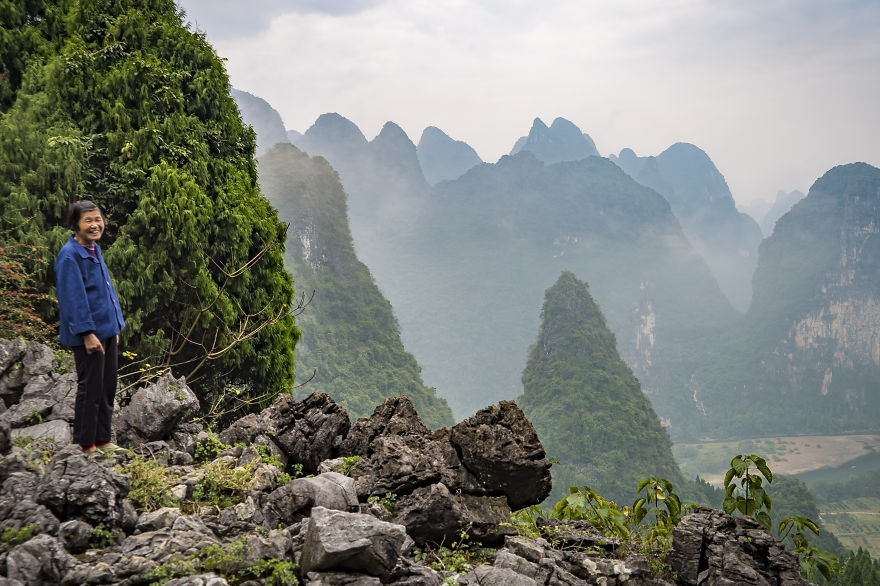

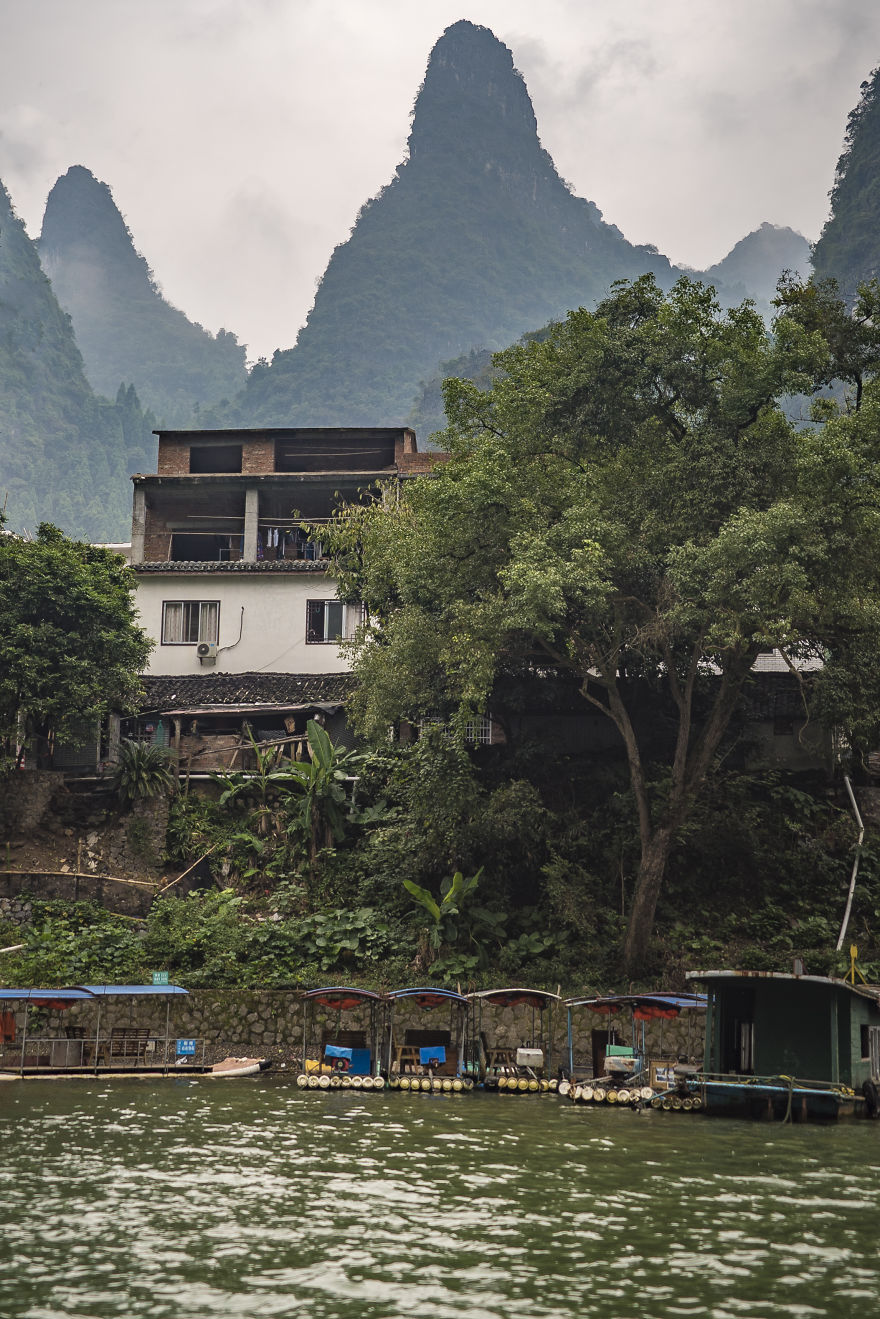

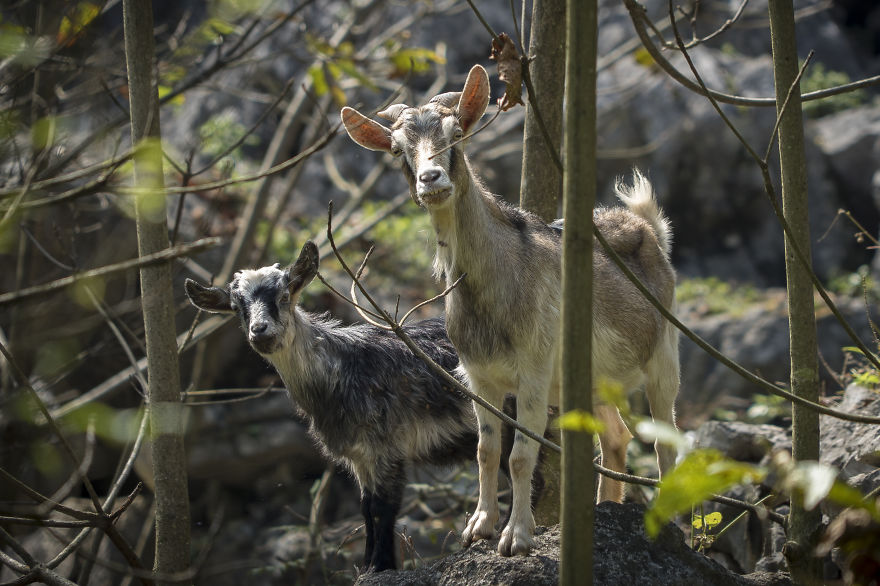


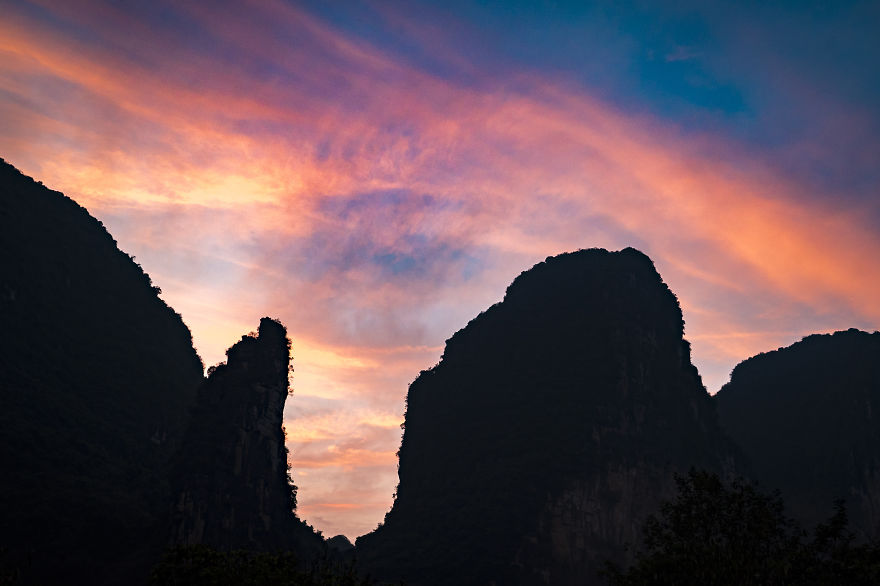
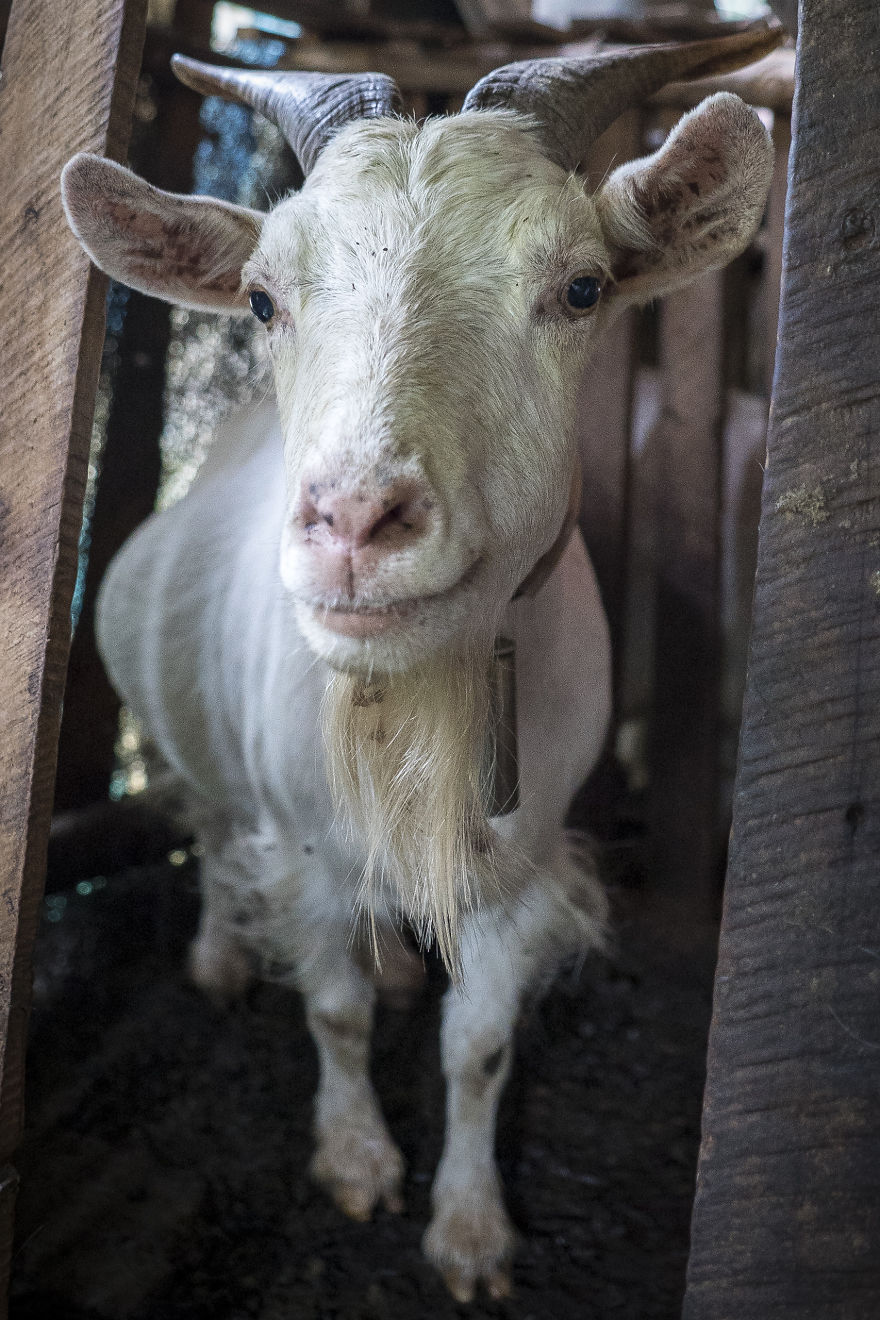
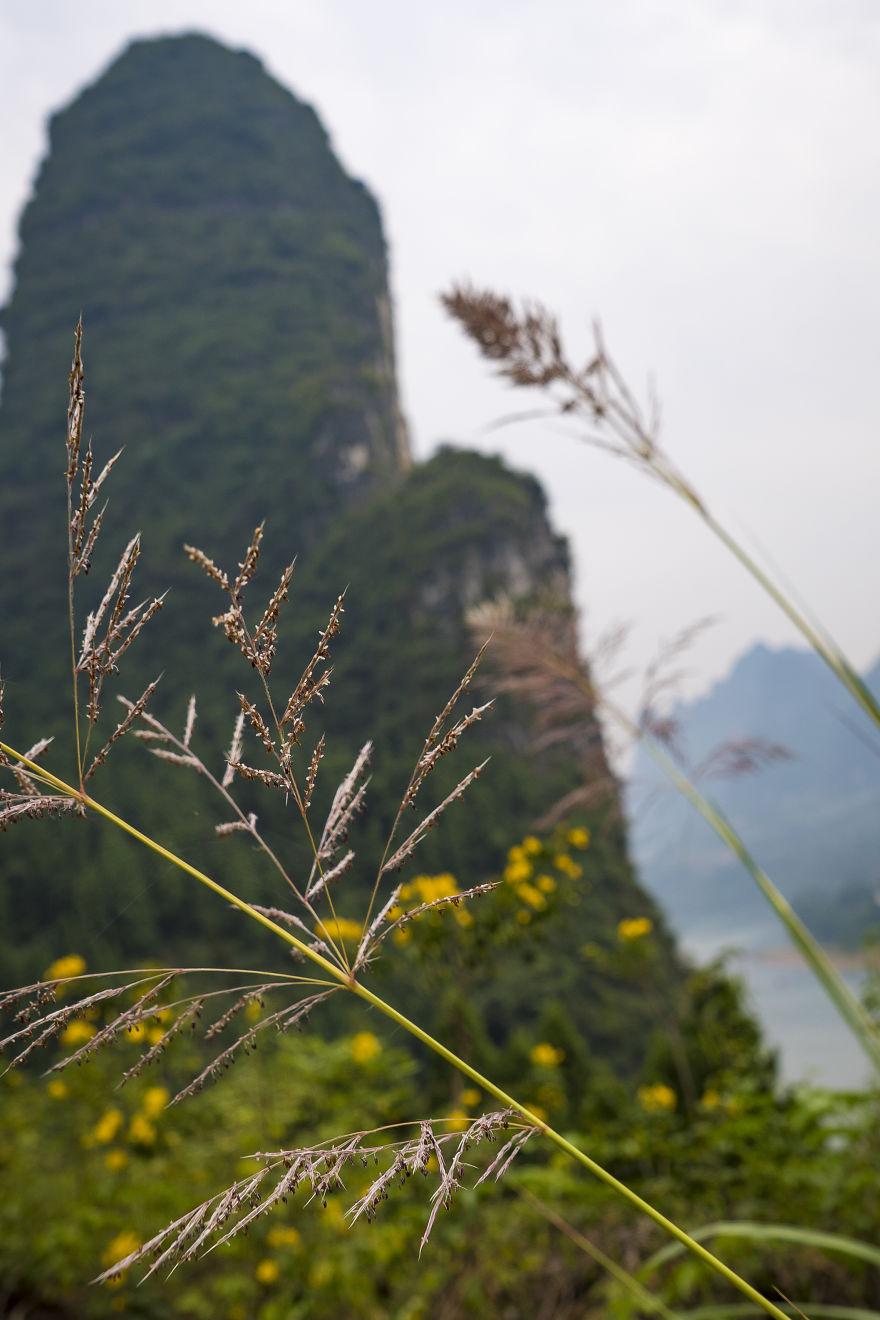

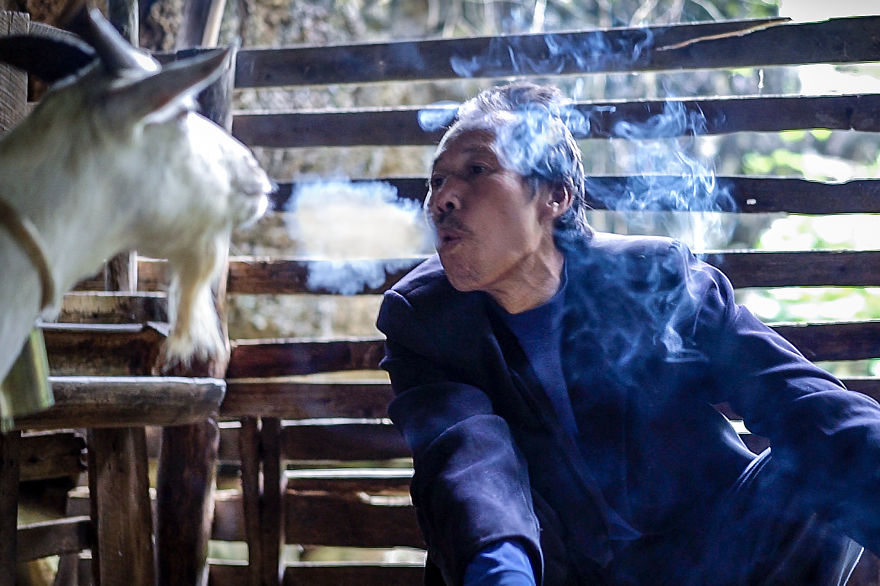
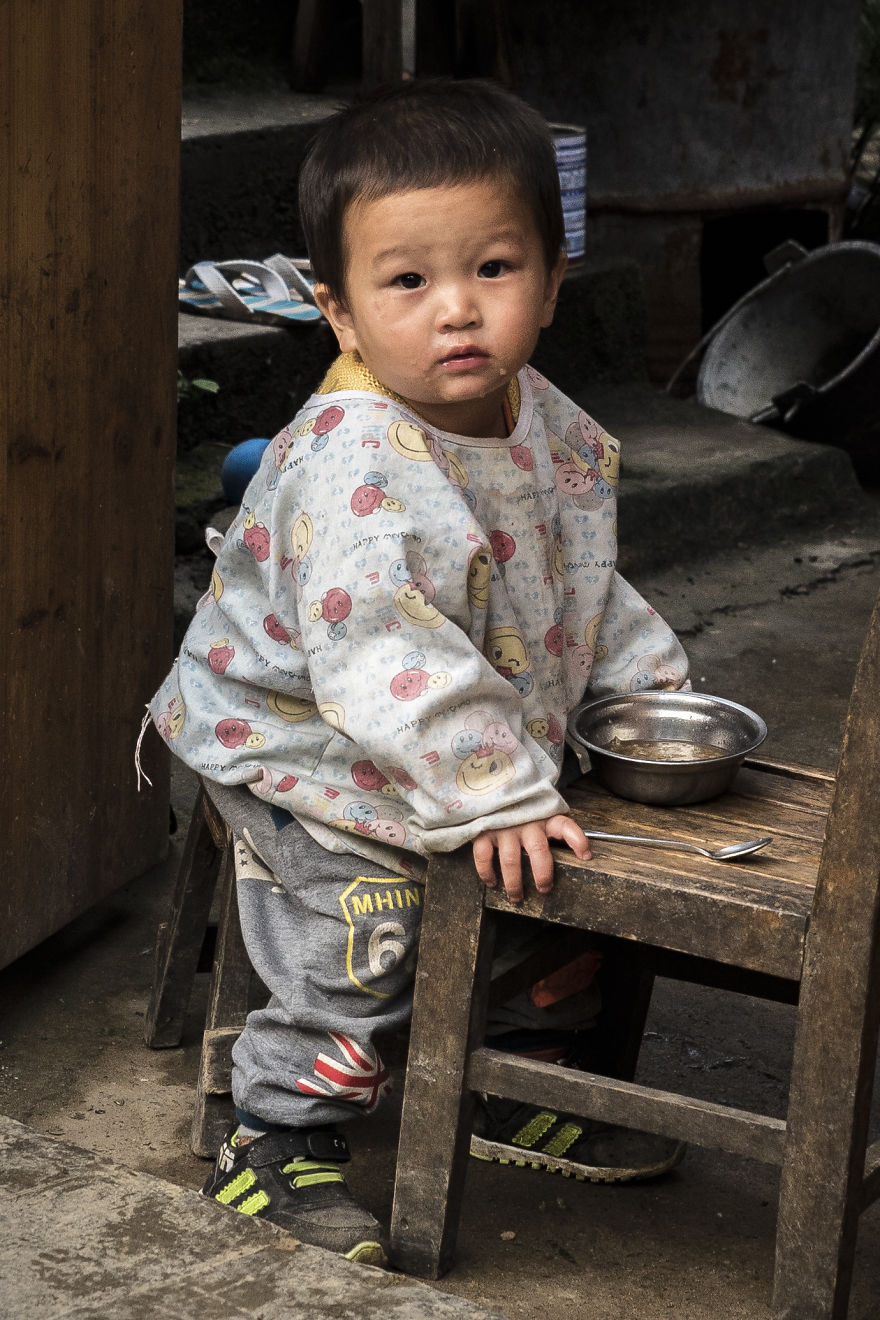
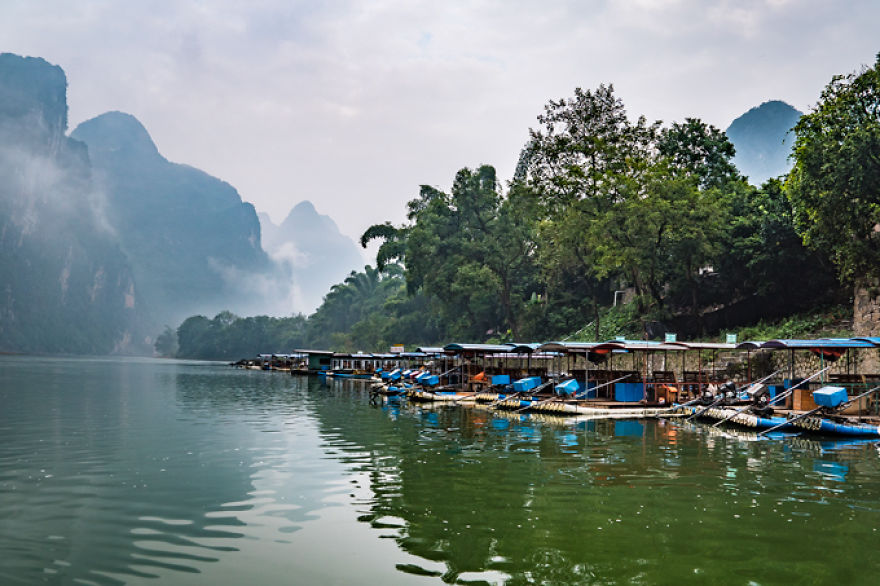
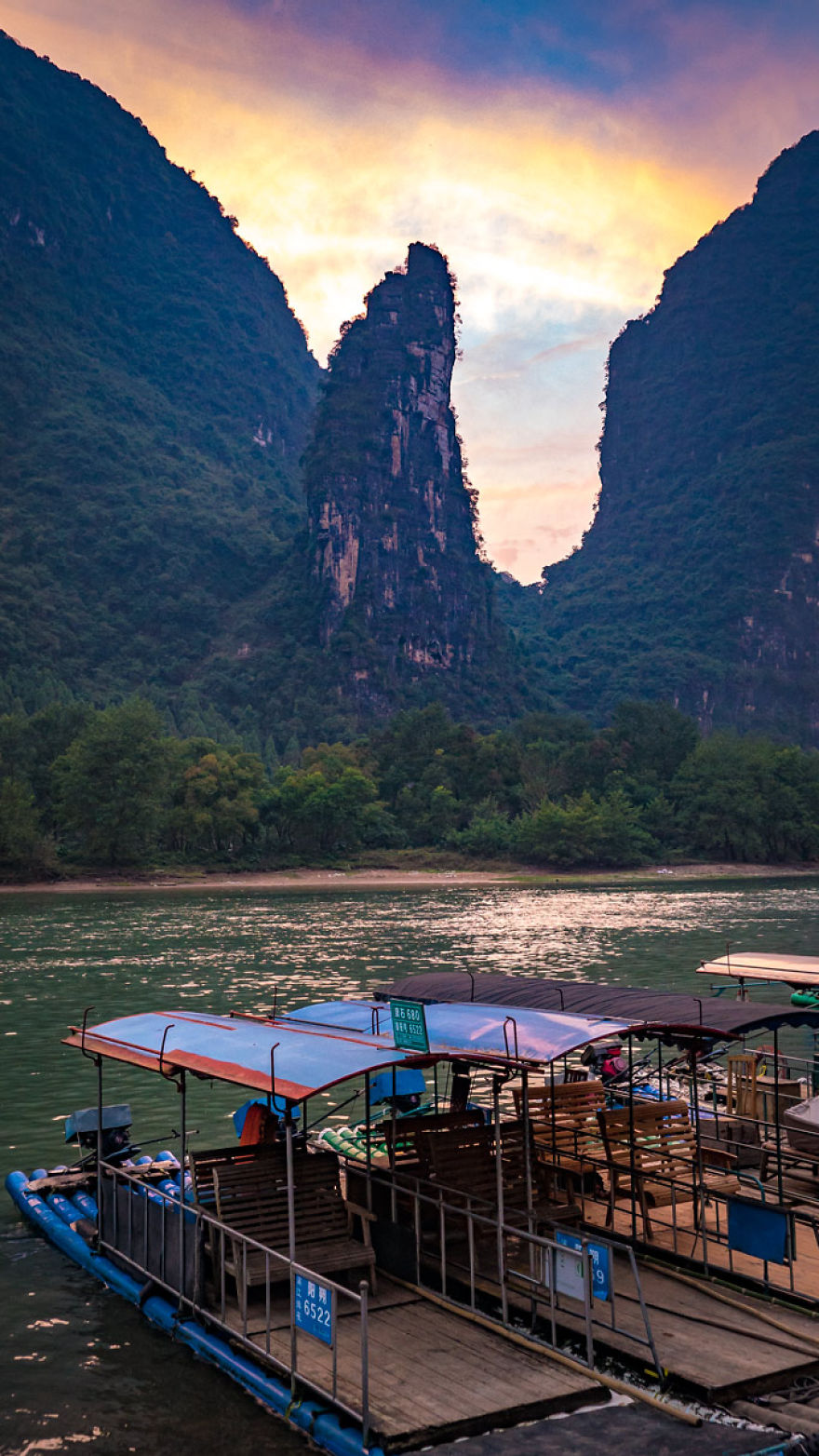



3
1